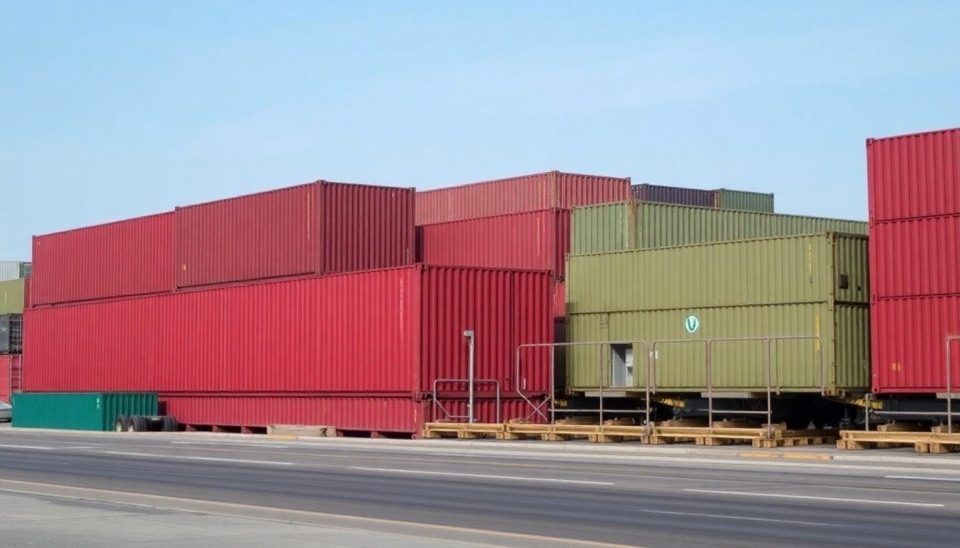Increase in Core US Inflation Amid Rising Housing Costs

A recent report has shown that housing costs continue to have a significant impact on inflation levels in the U.S. In August, core inflation, which excludes volatile categories like food and energy, increased by 0.3%. This has signaled a resurgence of discussions among economists on how the Federal Reserve should respond to the current economic situation.
The main factors contributing to the rise in core inflation remain high rental and housing costs, which continue to climb. The increase in prices in these categories has become a serious challenge for consumers and businesses alike, and it is already reflected in the living standards of the general population. Estimates suggest that rent accounts for more than a third of all consumer spending, and its rise directly affects the overall perception of inflation.
Economists emphasize that amidst the ongoing increases in interest rates by the Federal Reserve, signs of sustained growth in core inflation may lead to further changes in monetary policy. As such, monitoring inflation data becomes increasingly critical, given the possibility that inflationary pressures could limit the central bank's capacity to reduce rates in the future.
In light of this data, financial market participants are beginning to reassess their expectations regarding economic growth and the likelihood of interest rate hikes. Thus, in the coming months, attention will be drawn not only to inflation data but also to other economic indicators that may influence Federal Reserve decisions.
Analysts and experts are also underscoring the significance of monitoring housing market trends, as this may dictate future inflation behavior. Considering that rising housing and rental prices may continue to escalate consumer stress, there may be an increase in public discontent, which could have political ramifications as well.




